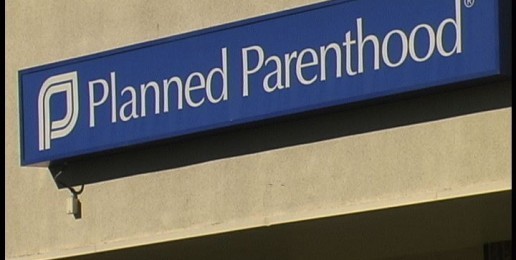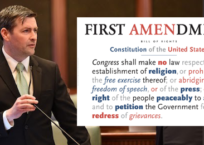
According to a Harvard Business School case study, despite profits of $85 million in 2008, Planned Parenthood is facing serious financial difficulties. The Planned Parenthood Federation of America (PPFA) is structured as a 501(c)(3) non-profit organization with multiple affiliates, each of which is also a 501(c)(3) non-profit. The national entity lobbies on national policy, sets affiliation standards, and leases its “Planned Parenthood” brand to affiliates.
The difficulties stem from the uneven strength of its affiliates. According to the Harvard case, PP’s president Cecile Richards says her organization faces “tough economic times, a hostile political climate, and limited ability to raise philanthropic dollars in a resources constrained area of the country.”
The Florida Association of Planned Parenthood Affiliates (FAPPA) laments that “while we worked hard this session to zero-fund the $2 million appropriation for so-called crisis pregnancy centers in Florida, we were not successful in its defunding.” In other words, Planned Parenthood sees crisis pregnancy centers and abstinence-only programs as substitutes for what they are selling, with abstinence a substitute for contraception, and adoption for abortion.
Planned Parenthood hopes to increase its client base, but the simple fact is that most potential clients have low incomes and cannot pay for the services. The case study also reports that the number of generic contraceptives is increasing, forcing Planned Parenthood to face both more competition and less per-unit profit.
While abortions account for only 3 percent of the services performed by Planned Parenthood, explains LifeNews.com, abortions provide 33 percent of the income from “health center” operations ($122 million). Sales of emergency contraceptive kits add another $35 million to the top line.
Read more:
Harvard Study: Planned Parenthood is an Abortion Business and Business is Bad (LifeNews.com)
































